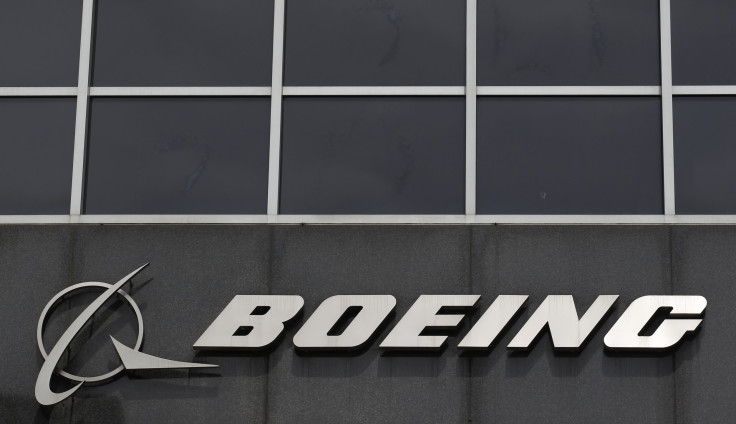Does US-Qatar F-15 Fighter Jet Deal Amid Gulf Blockade Show Confusion In Trump Administration?

Qatar on Wednesday signed a $12 billion deal with the U.S. to buy 36 Boeing F-15 fighter jets amid a blockade from its Gulf neighbors — Bahrain, Saudi Arabia and the United Arab Emirates. The move came after President Donald Trump denounced Doha for supporting terrorism. However, Secretary of State Rex Tillerson urged Riyadh to ease the blockade.
"The $12-billion sale will give Qatar a state-of-the-art capability and increase security cooperation and interoperability between the United States and Qatar," the Pentagon said in a statement.
Read: Russia Planted Fake News About Qatar, Probably To Divide US, Allies, Report Says
Meanwhile, the Qatar defense ministry said the deal would create 60,000 jobs in the U.S., Bloomberg reported. It will also result in “closer strategic collaboration in our fight to counter violent extremism and promote peace and stability in our region and beyond,” according to the ministry.
Qatar is strategically significant for the U.S. as the latter has a military base in the southwest of Doha. Former POTUS Barack Obama had approved the sale of 72 F-15s for $21 billion during his presidency. However, following the ongoing crisis in the Gulf, the deal sale was reduced to 36 F-15 fighter jets.
Problems for Doha began May 23 when the country’s state-run Qatar News Agency published a report questioning Trump’s presidency, supporting Iran and Palestinian militant group, Hamas. While the tiny peninsular country maintained it was a victim of hacking and the news was fake, its neighbors severed diplomatic ties with the country.
So far, nine countries including Bahrain, Comoros, Egypt, the Maldives, Mauritania, Saudi Arabia, the UAE, Yemen and the U.N.-backed government of Libya have cut diplomatic ties with Qatar.
Read: Qatar Airways Grounds Flights After Diplomatic Concerns Over Fake News, Terrorism
The F-15 deal between Doha and Washington highlighted confusion in the Trump administration. From the time the crisis began, Trump has supported the Gulf countries’ move to cut ties with Qatar. However, Tillerson distanced away from Trump’s opinion on the matter.
“During my recent trip to the Middle East, I stated that there can no longer be funding of Radical Ideology. Leaders pointed to Qatar - look! … So good to see the Saudi Arabia visit with the King and 50 countries already paying off. They said they would take a hard line on funding …. extremism, and all reference was pointing to Qatar. Perhaps this will be the beginning of the end to the horror of terrorism!" Trump tweeted June 6.
However, Tillerson said the blockade has “humanitarian consequences” and urged all parties to have a "calm and thoughtful dialogue," and seek "mutual understanding."
"There are humanitarian consequences to this blockade," Tillerson said June 9. "The blockade is also impairing U.S. and other international business activities in the region and has created a hardship on the people of Qatar and the peoples whose livelihoods depend on commerce with Qatar. The blockade is hindering U.S. military actions in the region and the campaign against ISIS."
Hours later, Trump appeared to ignore Tillerson’s statement and stood by his stand. “The nation of Qatar has unfortunately been a funder of terrorism, and at a very high level,” Trump said adding,“I've decided, along with Secretary of State Rex Tillerson, our great generals, and military people, the time has come to call on Qatar to end its funding.”
© Copyright IBTimes 2024. All rights reserved.












